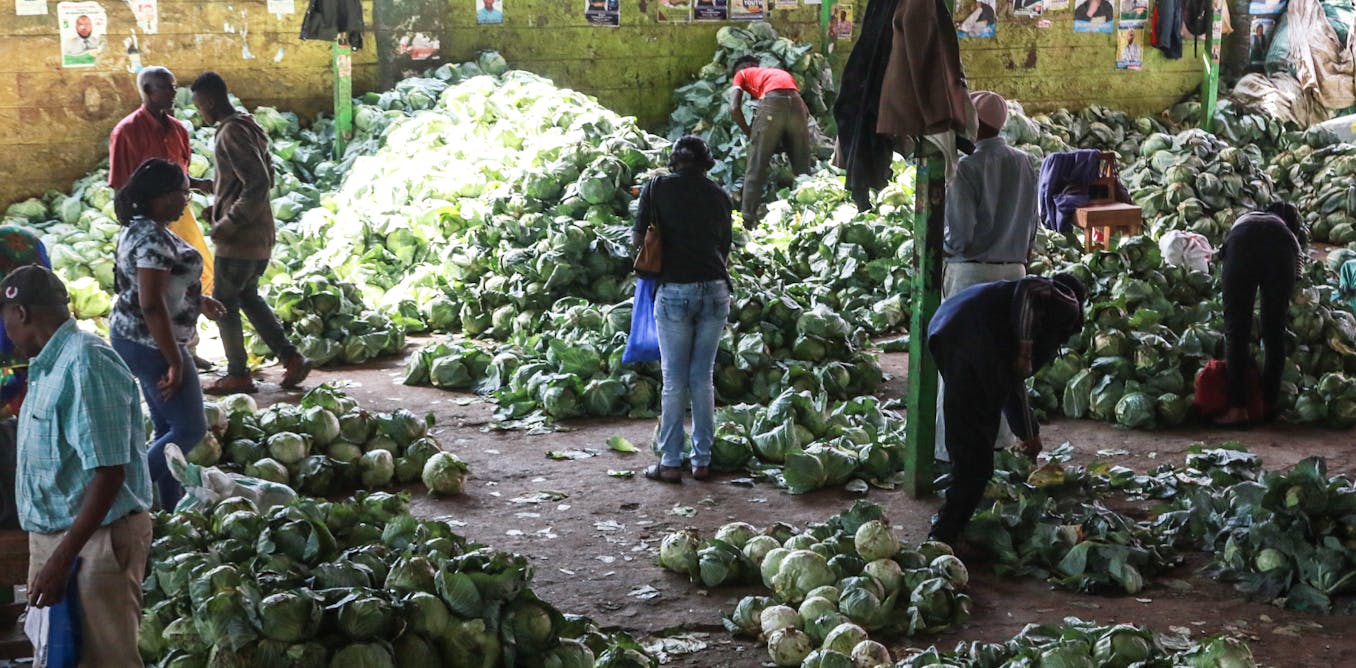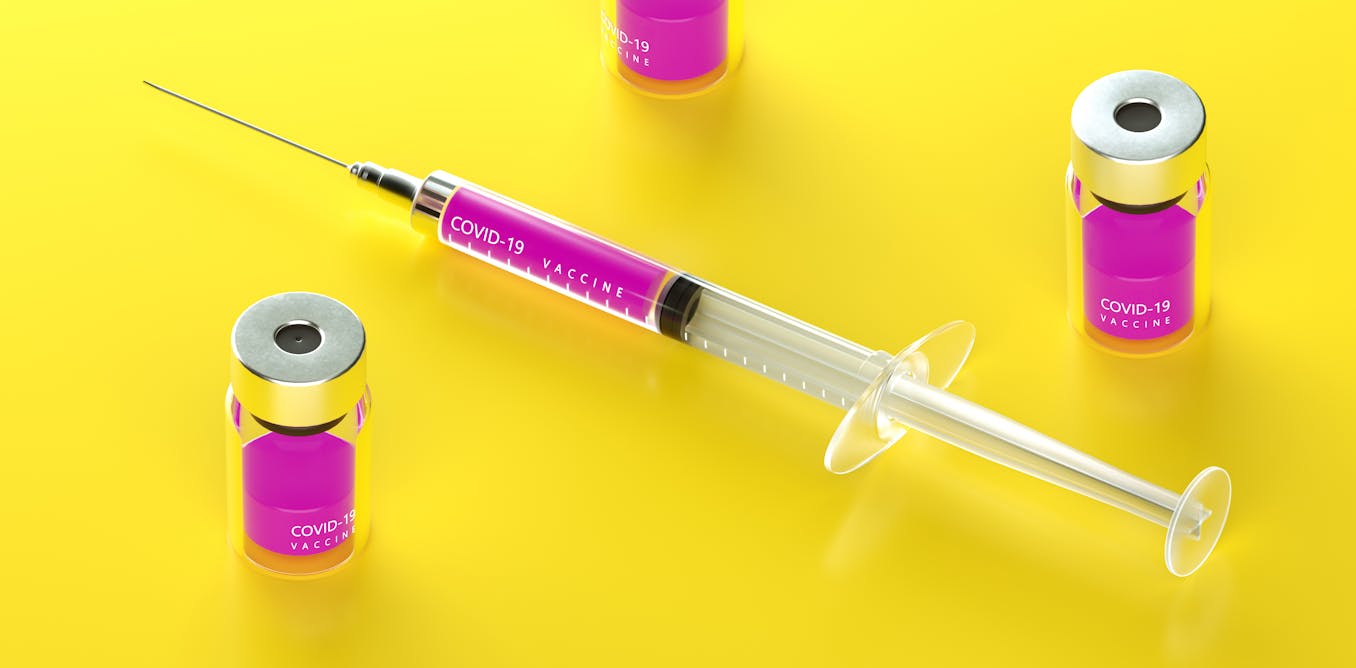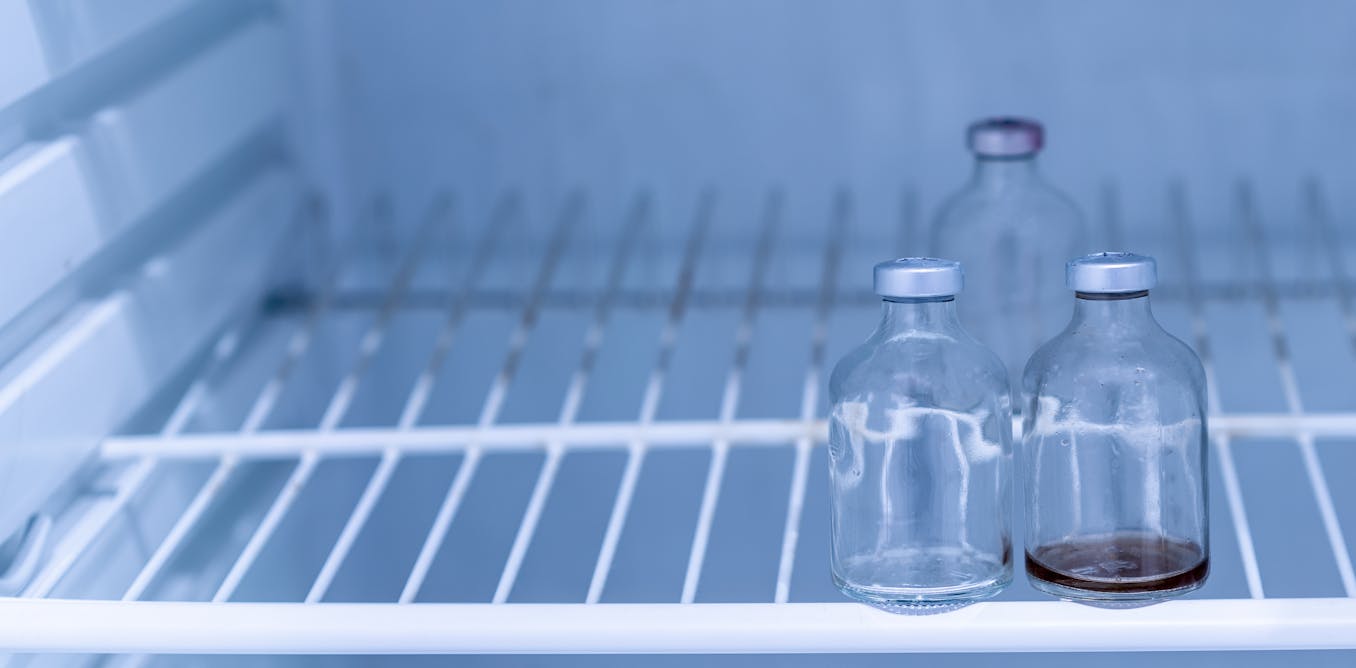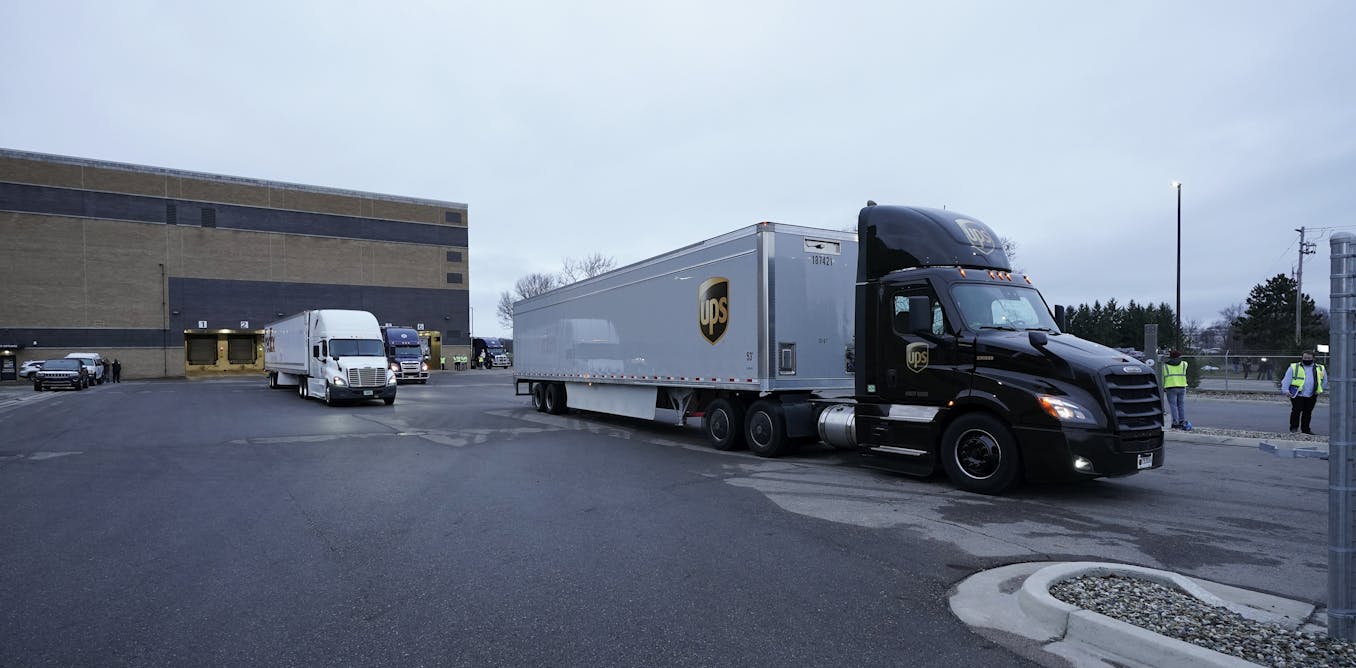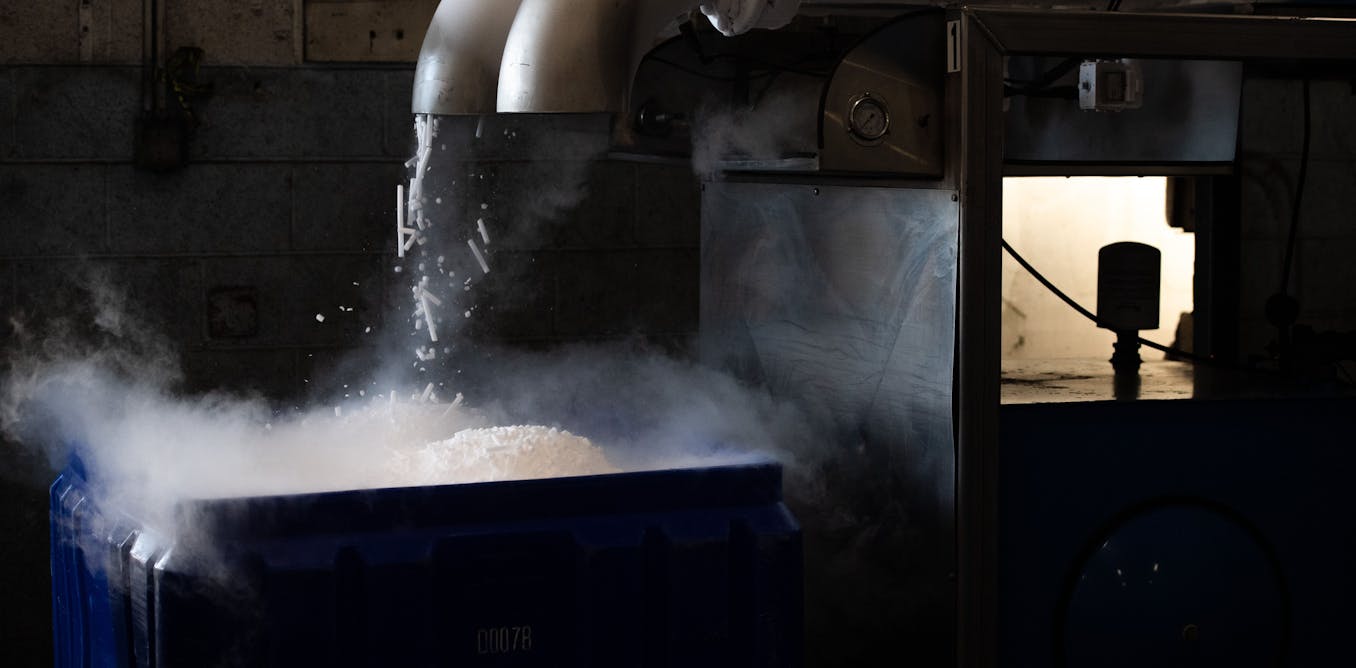Installing solar-powered refrigerators in developing countries is an effective way to reduce hunger and slow climate change
Many developing nations have little cold storage and lose much of their perishable food before it gets to markets. Climate-friendly refrigeration can provide huge environmental and social benefits.
Jan. 19, 2023 • ~9 min

